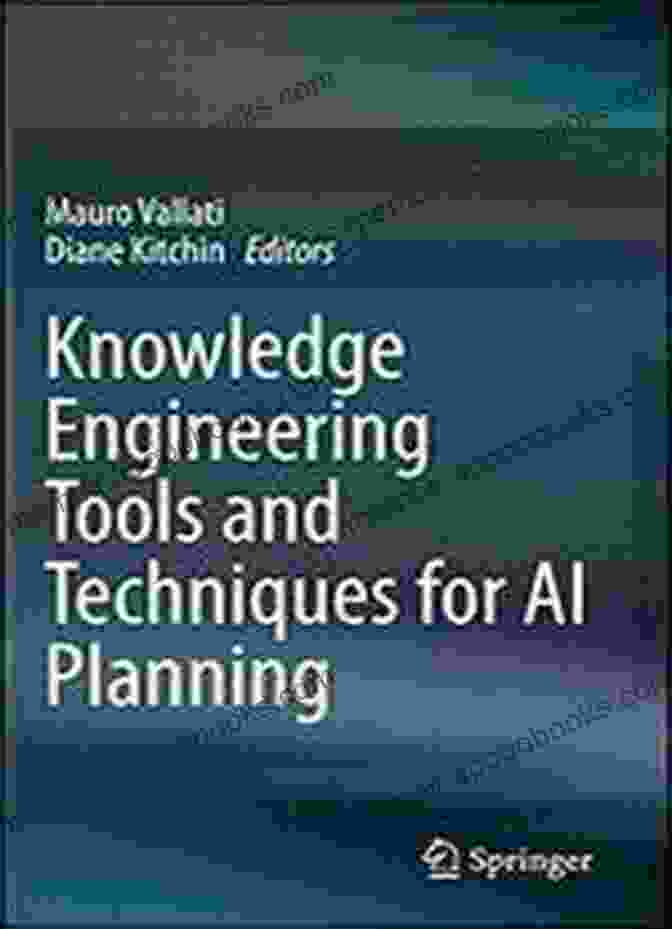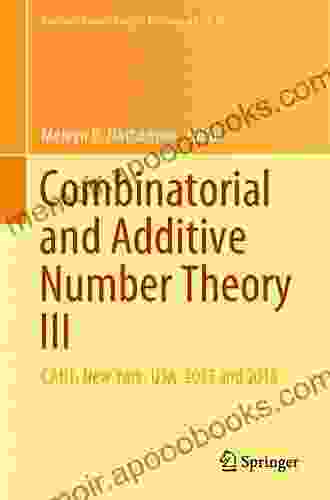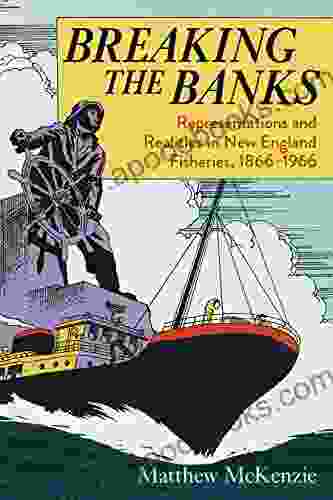Unlock the Secrets of AI Planning with Knowledge Engineering Tools and Techniques


Artificial intelligence (AI) has revolutionized various industries, from healthcare to manufacturing. AI planning plays a pivotal role in enabling AI systems to reason and make decisions in complex and dynamic environments. Knowledge engineering, the process of capturing and formalizing expert knowledge, is crucial for effective AI planning. This article delves into the world of knowledge engineering tools and techniques, providing insights into how they empower AI planners to create sophisticated and intelligent systems.
Understanding Knowledge Engineering
Knowledge engineering refers to the process of extracting, structuring, and representing knowledge from human experts into a form that computers can understand. This knowledge can range from facts and rules to procedures and heuristics. By formalizing this knowledge, AI planners can create models that mimic human reasoning and decision-making processes.
5 out of 5
| Language | : | English |
| File size | : | 28770 KB |
| Text-to-Speech | : | Enabled |
| Screen Reader | : | Supported |
| Enhanced typesetting | : | Enabled |
| Word Wise | : | Enabled |
| Print length | : | 290 pages |
Essential Knowledge Engineering Tools
A range of knowledge engineering tools assist in capturing and structuring knowledge effectively. These tools offer various capabilities, including knowledge acquisition, representation, and refinement. Here are some widely used knowledge engineering tools:
- Ontologies: Ontologies provide a structured vocabulary and a set of relationships for representing knowledge. They define concepts, properties, and their interconnections, creating a formal model of the domain.
- Rule-based systems: Rule-based systems represent knowledge as a collection of rules. These rules specify conditions and actions, enabling AI planners to derive s and make decisions.
- Semantic networks: Semantic networks represent knowledge as interconnected nodes and arcs. Nodes represent concepts, and arcs represent relationships between them, providing a graphical representation of the knowledge base.
li>Decision trees: Decision trees model knowledge as a series of decisions and their possible outcomes. They provide a hierarchical structure for representing complex decision-making processes.
Knowledge Acquisition Techniques
Acquiring knowledge from human experts is a crucial step in knowledge engineering. Several techniques facilitate this process:
- Interviews: Interviews involve direct face-to-face or remote interactions with experts to extract their knowledge and insights.
- Brainstorming: Brainstorming sessions bring together multiple experts to generate ideas, gather perspectives, and identify potential knowledge gaps.
- Document analysis: Analyzing existing documents, such as manuals, reports, and protocols, can uncover valuable knowledge and best practices.
li>Observation: Observing experts as they perform tasks or solve problems can provide valuable insights into their reasoning and decision-making processes.
Knowledge Representation Formalisms
Once knowledge is acquired, it must be represented in a formal structure that computers can understand. Common knowledge representation formalisms include:
- Predicate logic: Predicate logic provides a formal language for representing facts and rules. It uses predicates, constants, and variables to describe relationships and deductions.
- Production rules: Production rules represent knowledge as a set of conditions and actions. When the conditions are met, the actions are executed, allowing AI planners to model dynamic behavior.
- Frames: Frames represent knowledge as objects with attributes and values. They provide a structured way to organize and access information.
- Semantic networks: Semantic networks use nodes and arcs to represent concepts and their relationships. They provide a graphical representation of the knowledge base, facilitating visualization and comprehension.
Applications of Knowledge Engineering in AI Planning
Knowledge engineering tools and techniques find applications in various AI planning domains, including:
- Logistics and supply chain management: Optimizing transportation routes, inventory levels, and production schedules.
- Healthcare: Supporting diagnosis, treatment planning, and personalized medicine.
- Robotics: Enabling robots to navigate, interact with their environment, and make decisions.
- Financial planning: Assisting in investment decisions, portfolio optimization, and risk management.
Knowledge engineering tools and techniques provide the foundation for effective AI planning. By harnessing these tools, AI planners can create sophisticated and intelligent systems that reason like humans, make informed decisions, and solve complex problems. As AI continues to shape our world, knowledge engineering will play an increasingly critical role in unlocking the full potential of AI planning and driving innovation across industries.
5 out of 5
| Language | : | English |
| File size | : | 28770 KB |
| Text-to-Speech | : | Enabled |
| Screen Reader | : | Supported |
| Enhanced typesetting | : | Enabled |
| Word Wise | : | Enabled |
| Print length | : | 290 pages |
Do you want to contribute by writing guest posts on this blog?
Please contact us and send us a resume of previous articles that you have written.
 Book
Book Novel
Novel Page
Page Chapter
Chapter Text
Text Story
Story Genre
Genre Reader
Reader Library
Library Paperback
Paperback E-book
E-book Magazine
Magazine Newspaper
Newspaper Paragraph
Paragraph Sentence
Sentence Bookmark
Bookmark Shelf
Shelf Glossary
Glossary Bibliography
Bibliography Foreword
Foreword Preface
Preface Synopsis
Synopsis Annotation
Annotation Footnote
Footnote Manuscript
Manuscript Scroll
Scroll Codex
Codex Tome
Tome Bestseller
Bestseller Classics
Classics Library card
Library card Narrative
Narrative Biography
Biography Autobiography
Autobiography Memoir
Memoir Reference
Reference Encyclopedia
Encyclopedia Kieran Scott
Kieran Scott Dr Jason Fung
Dr Jason Fung Agustina Bazterrica
Agustina Bazterrica Book Lover S Companion
Book Lover S Companion Craig Gilbert
Craig Gilbert Mary Ellen Taylor
Mary Ellen Taylor D Robert Pease
D Robert Pease Edward Hirsch
Edward Hirsch Robert M Farley
Robert M Farley Subir Kumar Saha
Subir Kumar Saha Arthur J Stansbury
Arthur J Stansbury Agnieszka Lisowska
Agnieszka Lisowska Erin E O Brien
Erin E O Brien Lucia St Clair Robson
Lucia St Clair Robson Beverly Mccullough
Beverly Mccullough Betty Walker
Betty Walker Agarau Adedayo
Agarau Adedayo Chuck Poole
Chuck Poole Alison L Blumenfeld
Alison L Blumenfeld Ethan B Katz
Ethan B Katz
Light bulbAdvertise smarter! Our strategic ad space ensures maximum exposure. Reserve your spot today!

 Steven HayesBloom with Creativity: A Guided Journey into the Delightful World of Knitted...
Steven HayesBloom with Creativity: A Guided Journey into the Delightful World of Knitted... Thomas MannFollow ·5.2k
Thomas MannFollow ·5.2k Jordan BlairFollow ·13k
Jordan BlairFollow ·13k Joel MitchellFollow ·8.7k
Joel MitchellFollow ·8.7k Morris CarterFollow ·6.3k
Morris CarterFollow ·6.3k George MartinFollow ·2.1k
George MartinFollow ·2.1k Griffin MitchellFollow ·7k
Griffin MitchellFollow ·7k Corbin PowellFollow ·17.1k
Corbin PowellFollow ·17.1k Logan CoxFollow ·4.1k
Logan CoxFollow ·4.1k

 Jamie Bell
Jamie BellUnlock Your Mind with "Ever Wonder Why And Other...
Prepare to...

 Robert Frost
Robert Frost30 Day Betting Challenge: Transform Your Betting Habits...
Are you tired of...

 Derrick Hughes
Derrick HughesWhat Is Victory In War? Unraveling the Enigma of Triumph
The Illusion...

 Jesse Bell
Jesse BellThe Shooters: A Gripping Presidential Agent Novel That...
Enter the Shadowy World of...

 Ernest Hemingway
Ernest HemingwayUnlocking the Theological Depths of Paul Claudel: An...
Prepare to embark on an...
5 out of 5
| Language | : | English |
| File size | : | 28770 KB |
| Text-to-Speech | : | Enabled |
| Screen Reader | : | Supported |
| Enhanced typesetting | : | Enabled |
| Word Wise | : | Enabled |
| Print length | : | 290 pages |












